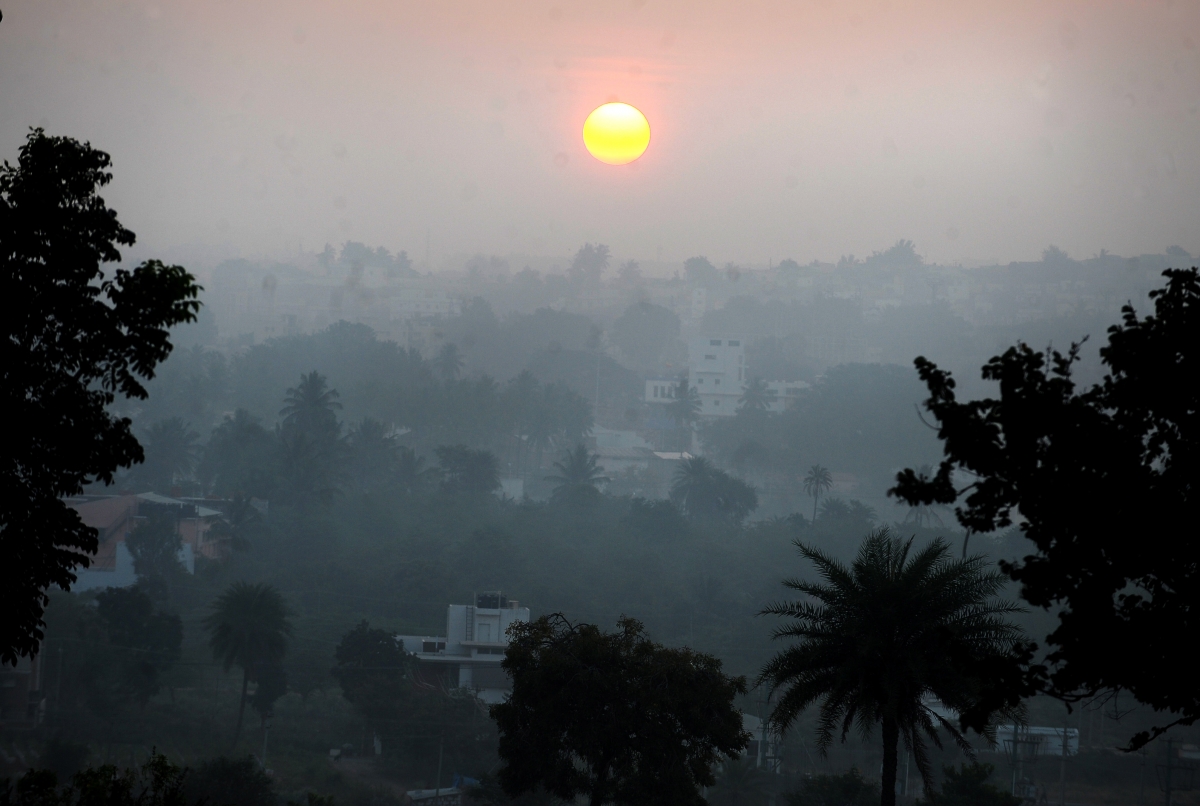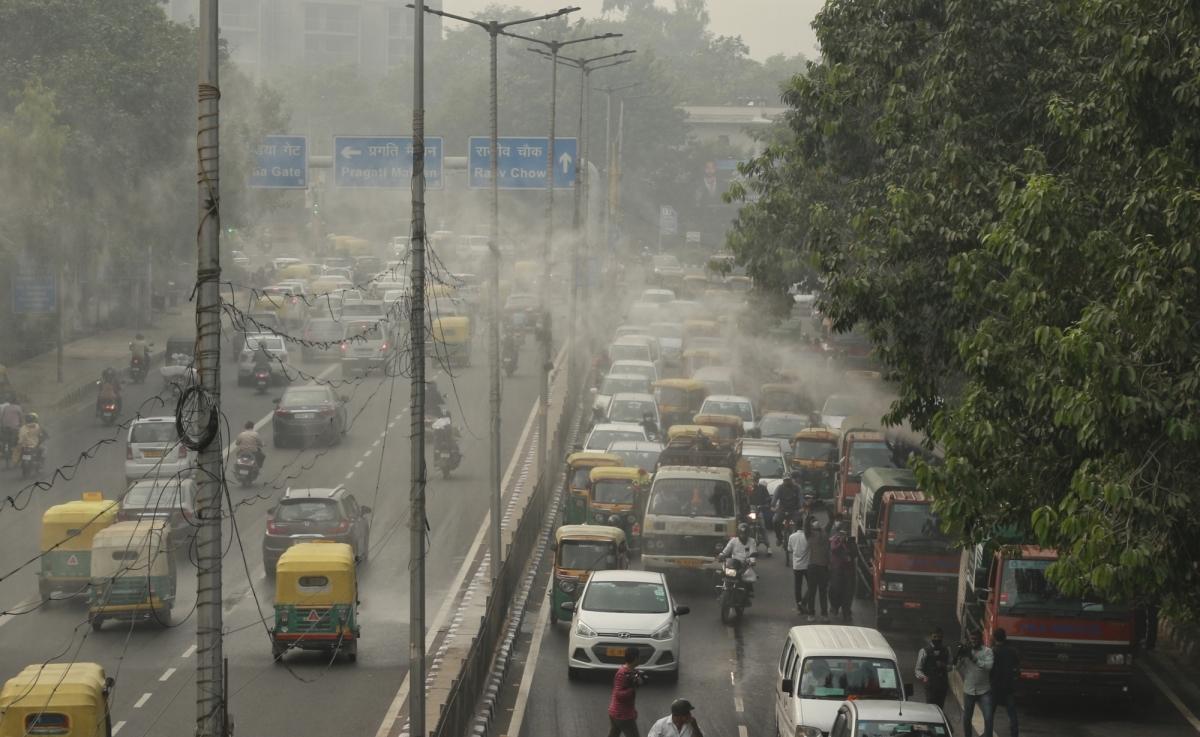The 30-day average air quality index (AQI) in Bengaluru for November this year rested at 93, as compared to 66 in 2021, indicating a 40% increase in pollutants, according to a report.
Quoting an official from the Karnataka State Pollution Control Board (KSPCB), The Times of India reported that the spike was due to 'winter inversion' and increased vehicular traffic. "Apart from winter-related natural conditions, present-day traffic emissions are further degrading the air we breathe," an official stated.
"Poorer air quality is common between the months of October and January, but we are noticing an increase in pollutants every year," they added.

In view of this, the officials have also advised all city residents to stay indoors, keep windows closed, use air purifiers in closed spaces and wear a face mask when venturing out.
This comes as the AQI in Bengaluru on Tuesday was 151 at 11 am, in the "unhealthy" category. The current PM2.5 concentration in the city is five times above the recommended limit given by the World Health Organisation (WHO) 24 hours air quality guidelines value.
What is winter inversion?
This phenomenon takes place during the winter months when normal atmospheric conditions (cool air above, warm air below) become inverted. Due to this, a dense layer of cold air gets trapped under a layer of warm air. The warm layer then starts acting like a lid, trapping pollutants in the cold air.
Air pollution spike in other cities
Meanwhile, the sub-committee for the operationalisation of the revised GRAP (Graded Response Action Plan) in Delhi has decided that all actions as envisaged under Stage III of GRAP pertaining to 'severe' air quality (AQI ranging from 401-450) be implemented in right earnest by all the agencies concerned with immediate effect in Delhi-NCR.
This comes as the AQI in the national capital has slipped into the 'severe' category owing to the calm wind and stable atmospheric conditions.

All implementing agencies have been advised that actions under Stage I and Stage II of GRAP are further intensified and special drives are conducted for the implementation of actions under Stage III, particularly restrictions related to construction and demolition activities, stone crushers and mining and associated activities, industrial operations, brick kilns, hot mix plants using non-approved fuels etc.
In Bihar in the past fortnight, three to five cities have regularly been coming on the top in terms of the AQI in the country.
An AQI from 0 to 100 is considered as good, 100 to 200 moderate, 200 to 300 'poor', 301 to 400 'very poor', and 401 to 500 'severe'.














